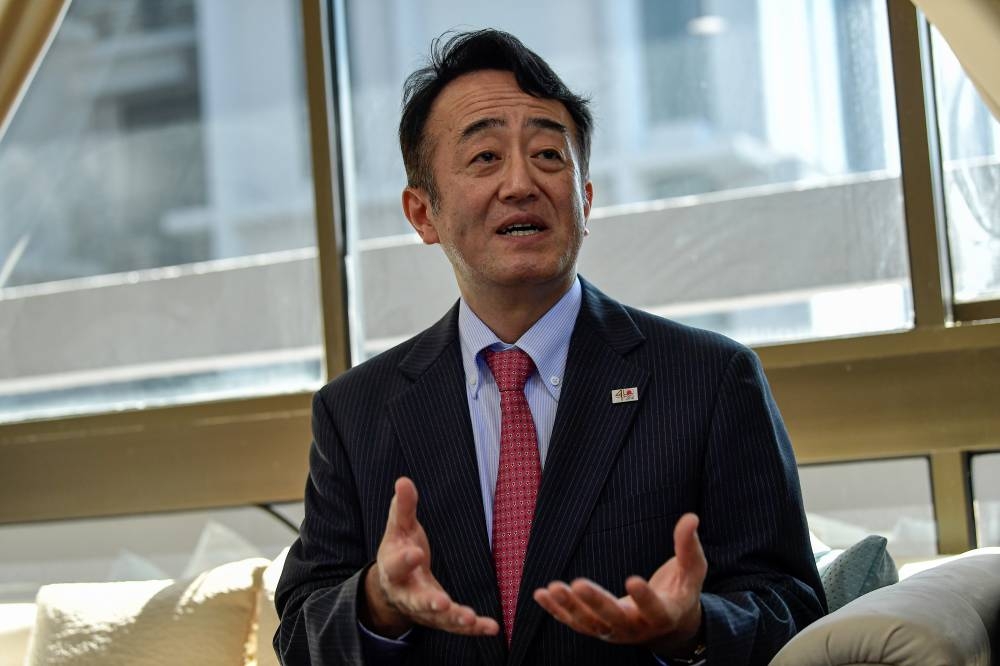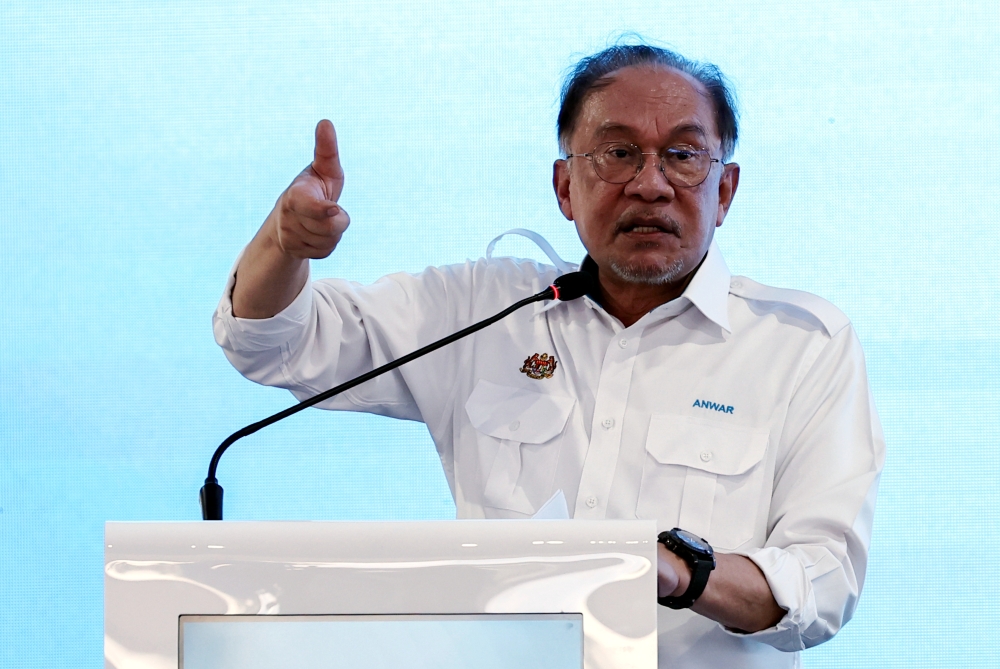KUALA LUMPUR, June 27 — With the number of people over 65 years in Malaysia projected to triple from two million at present to over six million by 2040, Malaysia needs to learn from Japan on how to manage its ageing population.
Japanese Ambassador to Malaysia Katsuhiko Takahashi said Japan, which already has a huge greying population, is keen to share its experience and expertise in managing them in an effort to improve the society’s quality of life.
Takahashi said this to the Malaysian National News Agency (Bernama)’s Chairman Senator Datuk Ras Adiba Radzi at its headquarters, during a courtesy call here, today. Ras Adiba had asked the ambassador about what Malaysia can learn from Japan’s experience in managing its ageing citizens who are expected to represent 35.3 per cent of the country’s population by 2040.
“Ageing population issue is one variable that I really want to explore on how we can work together. Hence, I would like to encourage here that we pay attention to this aspect to work together as we can give you our success stories and failures in managing the ageing population over the past 50 years.”
Elaborating further, the envoy said: “Ageing is always not necessarily limited to healthcare, there is more room for Malaysia to improve on the matter.
“When it comes to the ageing population, according to the World Bank statistics, you’re 50 years younger than Japan. I think the ageing percentage of Malaysian society today is like when Japan was in 1972.
“Malaysia’s life expectancy today is also the same as Japan 40 years back. The same goes for your gross domestic product (GDP) per capita.
“Malaysia is developing in a good way. Looking back at those facts, let’s work on this aspect together to avoid any problem, which we (Japan) have experienced for the past 40 years. Compared with the number of years, now, you have room for improvement,” he said.
When asked about other potential cooperation that Malaysia and Japan have been working on especially after Malaysian Prime Minister Datuk Seri Ismail Sabri Yaakob’s working visit to Japan in May, Takahashi said both governments have been making progress on new areas of cooperation as discussed and agreed throughout the visit.
“It is still early for us to share the results, but through communications between ministries in charge of trade and investment, as well as in disaster risk management, we are currently trying to come up with more specific actions to be taken based on the agreement made by the two prime ministers,” he said.
Last month, Ismail Sabri through discussion with Japanese Prime Minister Fumio Kishida, both leaders agreed to step up cooperation in fields such as energy, smart city, environment, and climate change.
Japan is also the fourth largest trading partner for Malaysia since 2015. Trade value in 2021 amounted to US$35.9 billion (RM158 billion) — an increase of about 20 per cent compared to US$29.6 billion in 2020.
Takahashi said Malaysia and Japan have enjoyed excellent bilateral ties since the establishment of Malaysia’s Look East Policy four decades ago.
“When we think about how the 40-year relationship between Malaysia and Japan should progress, I think we should no longer be in the picture of traditional donor and recipient or, rather, giver and the receiver,” he said. — Bernama


















